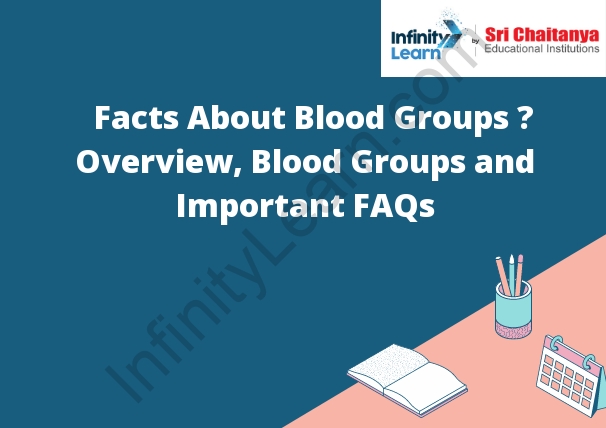Table of Contents
Know the Different Types of Blood Groups along with its Rh Factor
When someone donates blood, their blood is screened for a variety of things, including blood type. There are four main blood types: A, B, AB, and O. Each blood type is then further classified by its Rh factor, which is either positive (+) or negative (-).
Blood type is important because certain blood types are more compatible with each other than others. For example, people with blood type A can only receive blood transfusions from people with blood type A or O, and people with blood type AB can receive blood transfusions from people with blood type A, AB, or O. People with blood type B can only receive blood transfusions from people with blood type B or O, and people with blood type O can only receive blood transfusions from people with blood type O.
There are also certain blood types that are considered incompatible. For example, people with blood type A cannot receive blood transfusions from people with blood type B, and people with blood type B cannot receive blood transfusions from people with blood type A. This is because the two blood types have different Rh factors (A is positive and B is negative) and can cause a reaction if mixed.

What are Blood Groups?
Blood groups are determined by the presence or absence of certain antigens on the surface of red blood cells. There are four major blood groups: A, B, AB, and O, determined by the presence or absence of the antigens A and B. There are also minor blood groups, determined by the presence or absence of other antigens.
Blood groups are determined by the presence or absence of certain antigens on the surface of red blood cells. There are four blood groups: A, B, AB, and O. Blood group A has the antigen A, blood group B has the antigen B, blood group AB has both antigens A and B, and blood group O has neither antigen.
The most important blood group is group O, because it is the most common. Group O can receive blood from any other group, but group A, B, and AB blood can only be received by group O recipients. This is because group O recipients have antibodies against the antigens on group A, B, and AB blood cells.
Blood Types and Compatible Blood Type Donors
A blood transfusion is a medical procedure in which blood or blood components are transferred from one person (the donor) to another person (the recipient). Transfusions are necessary when a person has lost blood or needs more blood than their body can make. Blood transfusions can be life-saving, but they also can be dangerous.
One important consideration in blood transfusions is the blood type of the donor and the recipient. Blood type is determined by the presence or absence of certain antigens on the surface of red blood cells. There are four blood types: A, B, AB, and O. Each blood type is also classified as either Rh positive or Rh negative.
People with type A blood have antibodies against the B antigens on red blood cells. People with type B blood have antibodies against the A antigens on red blood cells. People with type AB blood have no antibodies against either A or B antigens. People with type O blood have both A and B antigens on their red blood cells.
Rh positive blood contains the Rh antigen, while Rh negative blood does not. If a person has the Rh antigen on their red blood cells, they are Rh positive. If a person does not have the Rh antigen on their red blood cells, they are Rh negative.
Blood transfusions between people with different blood types can cause a number of problems, including hemolytic anemia, renal failure, and death. For this reason, it is important to know the blood type of both the donor and the recipient before a blood transfusion is given.
In order to avoid these problems, blood transfusions between people with different blood types must be carefully planned. Generally, people with type A blood can only receive type A or O blood, people with type B blood can only receive type B or O blood, people with type AB blood can receive any type of blood, and people with type O blood can receive type A, B, AB, or O blood.
People with type O blood are called universal donors because their blood can be used by anyone. People with type AB blood are called universal recipients because their blood can be used by anyone.
Ideally, a person’s blood type should match the blood type of the donor. However, in some cases, people with type O blood can receive type AB blood, and people with type AB blood can receive type O blood. These are called







